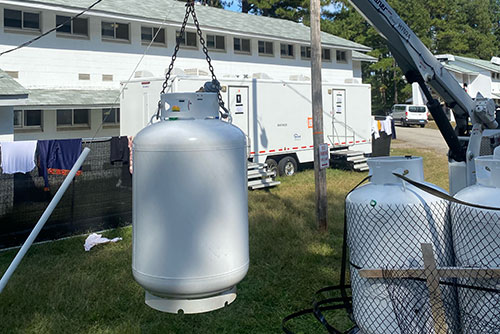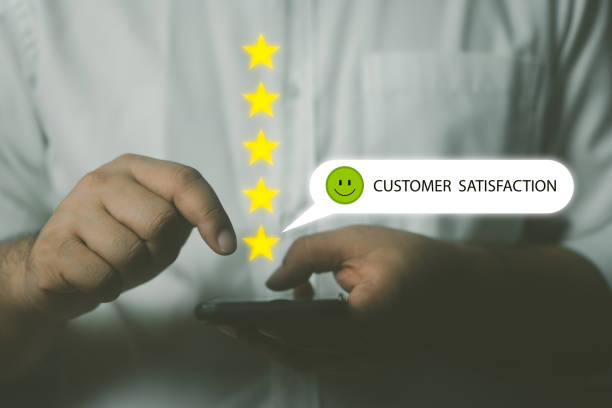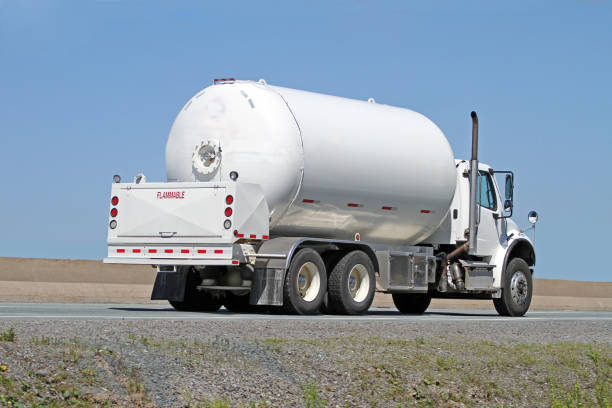Embracing Technology in Your Propane Delivery Business
Embracing technology has become essential for staying competitive and meeting customer expectations in our modern digitized world. The propane industry is no exception to this. Propane delivery companies can streamline processes, improve efficiency, and enhance their customers’ experiences by integrating technology into their daily operations. Here are some practical steps for building a tech-savvy propane… Continue reading Embracing Technology in Your Propane Delivery Business










